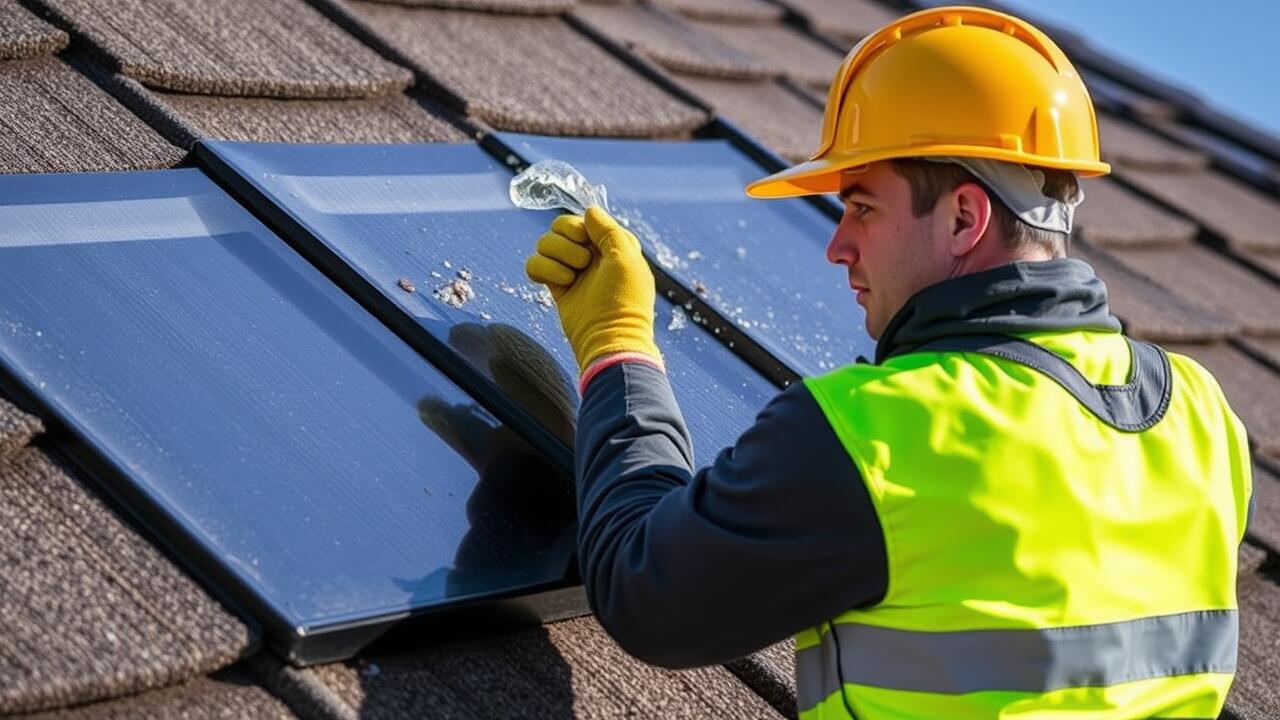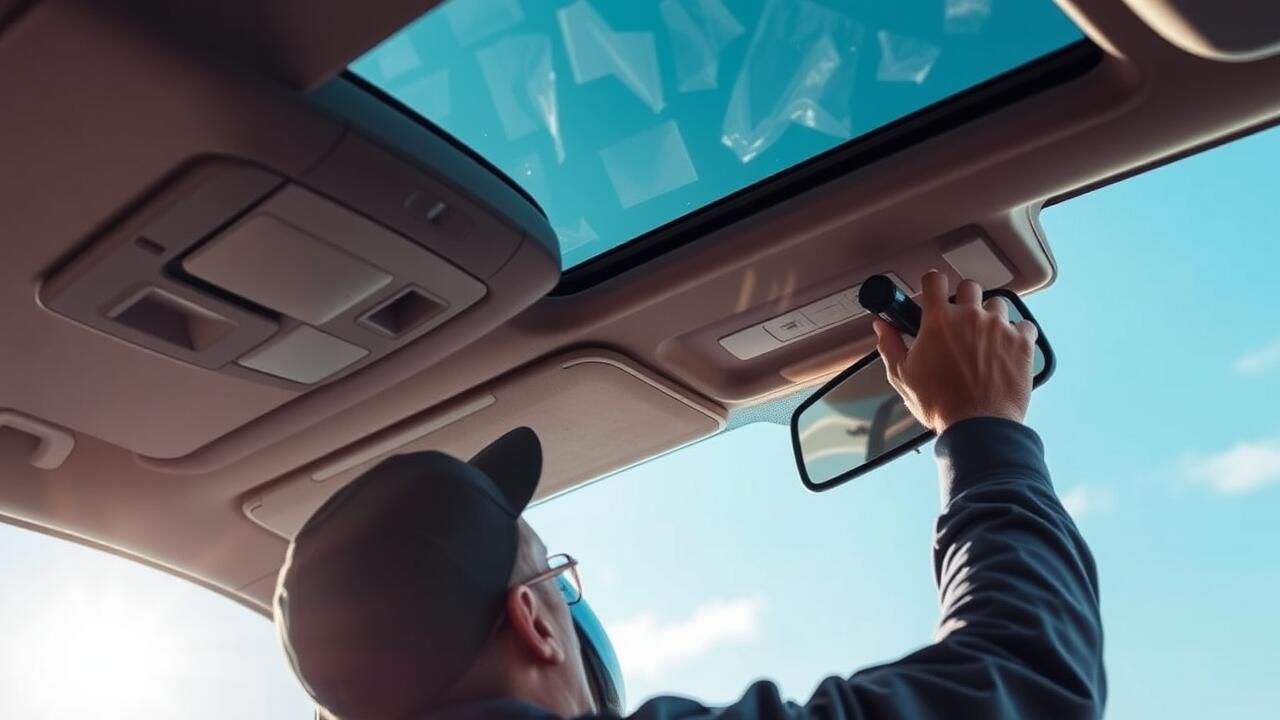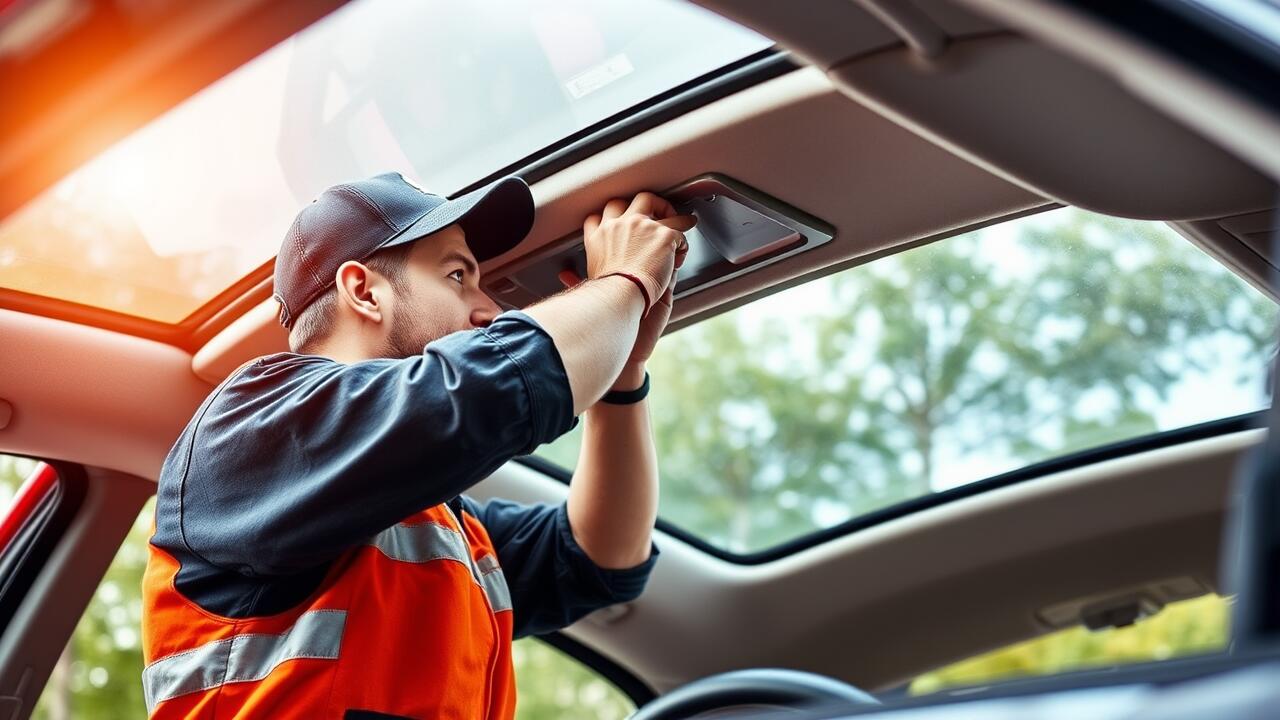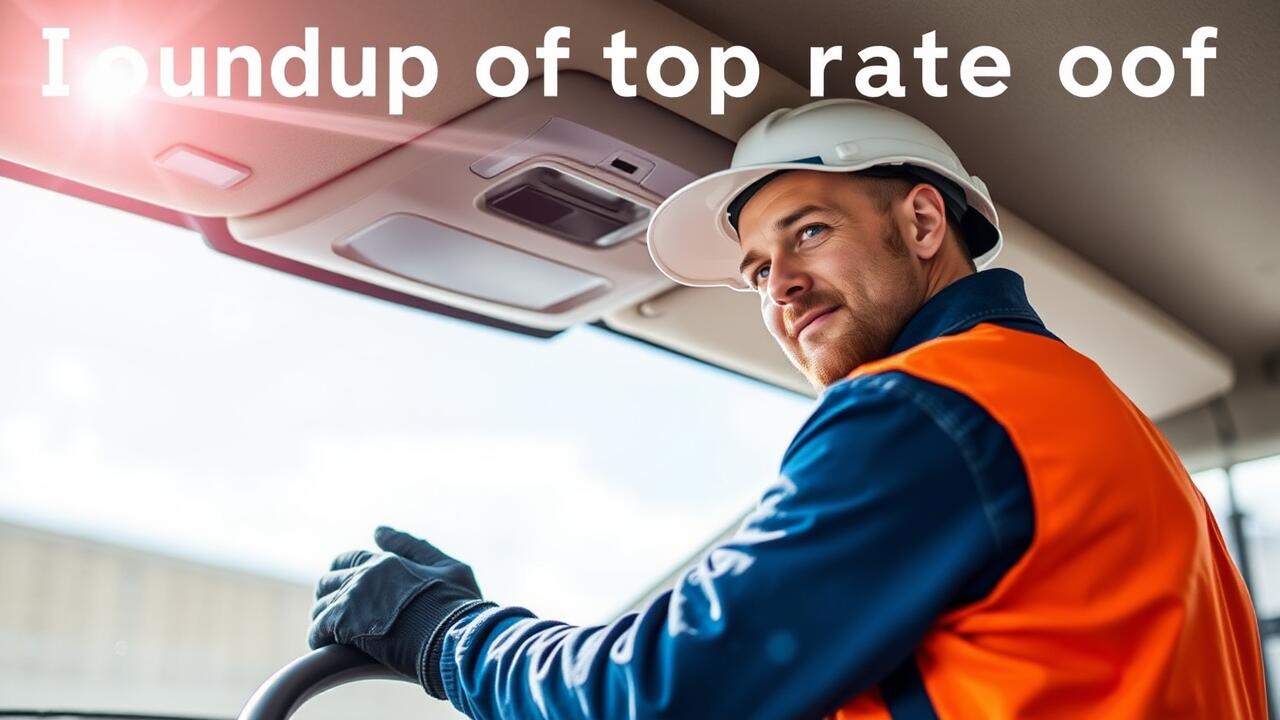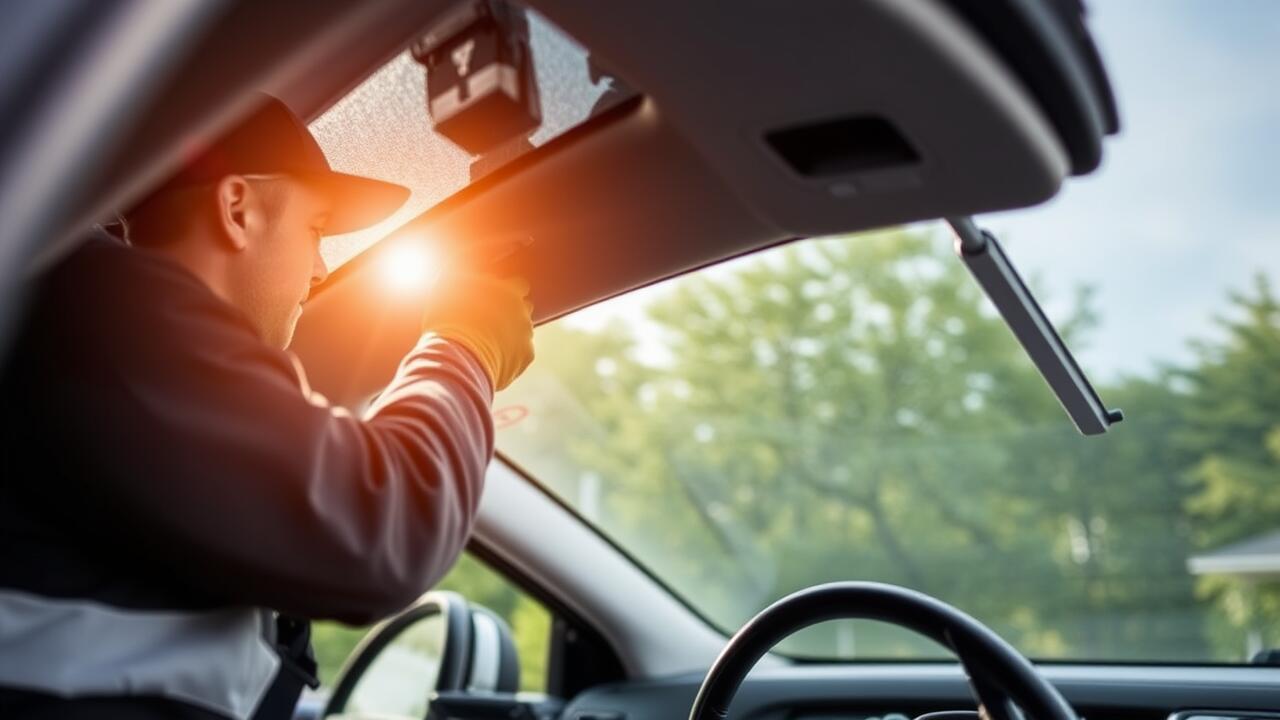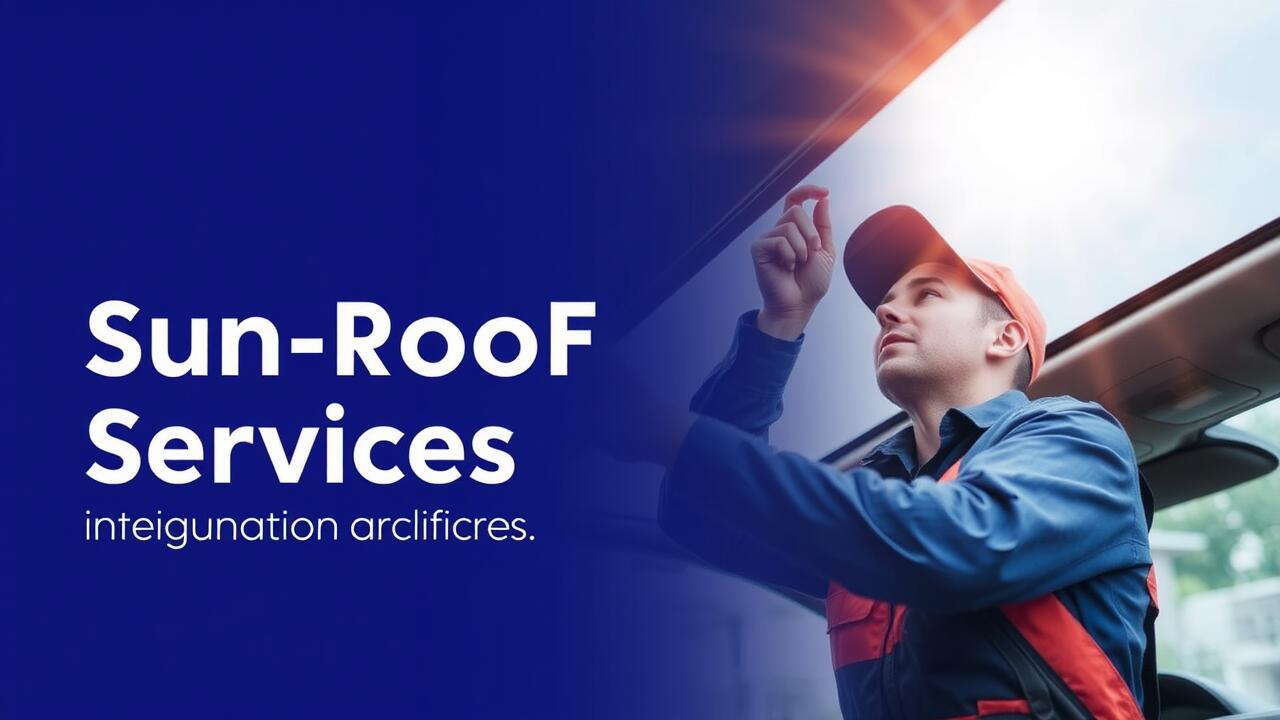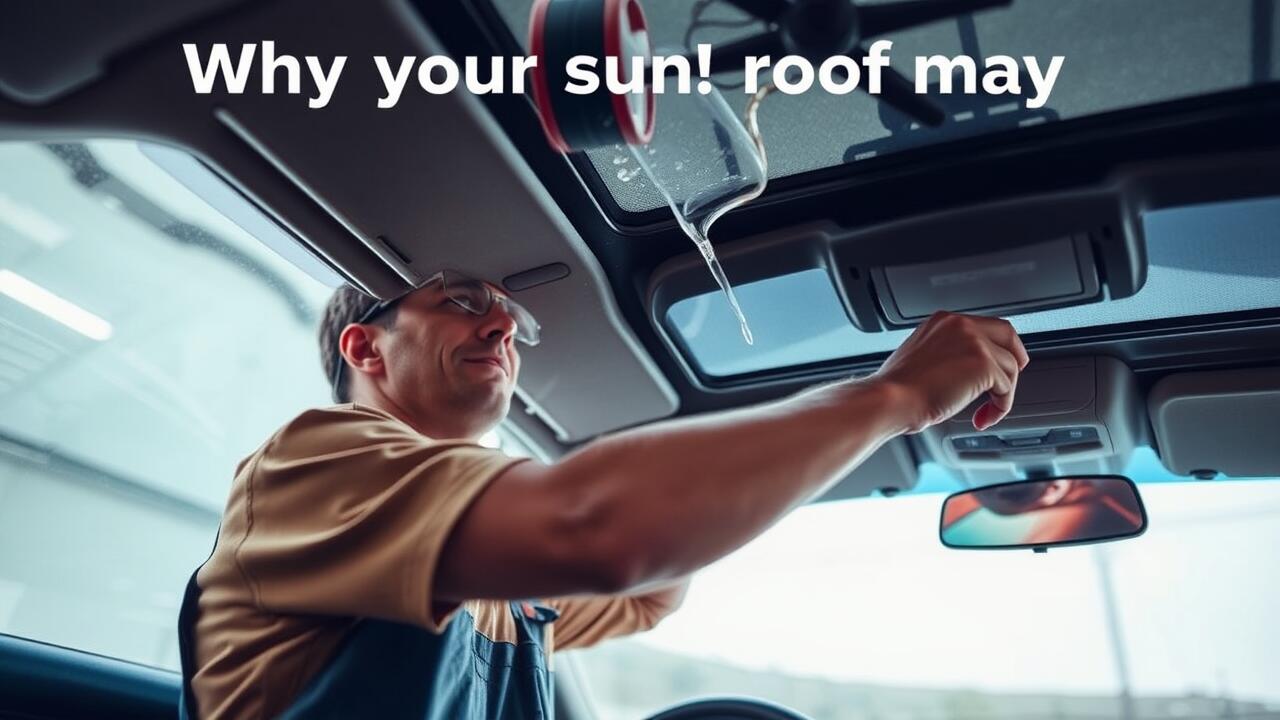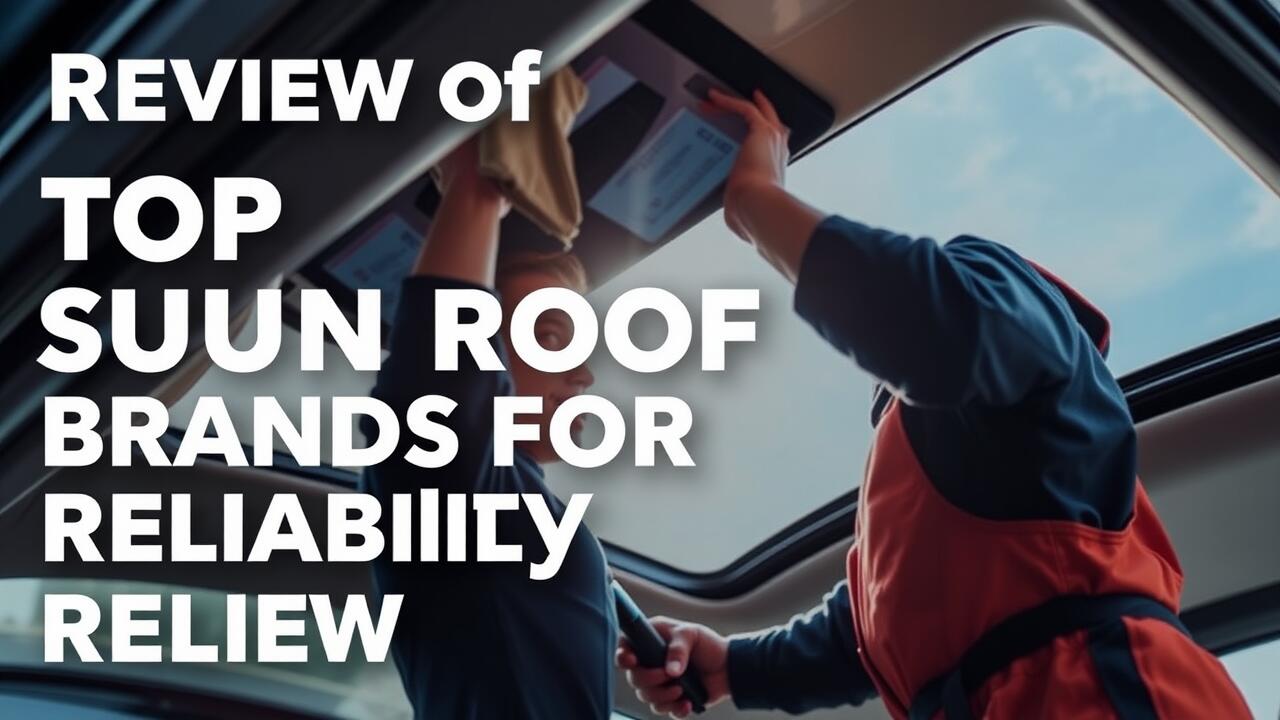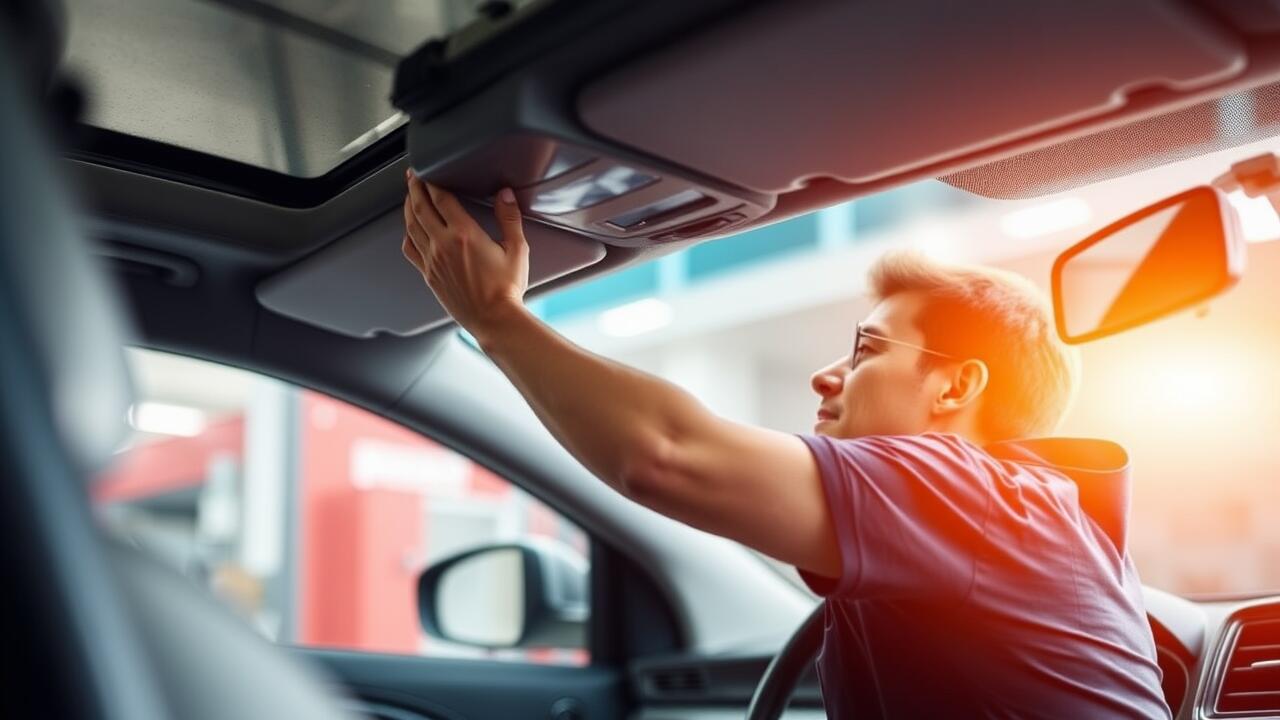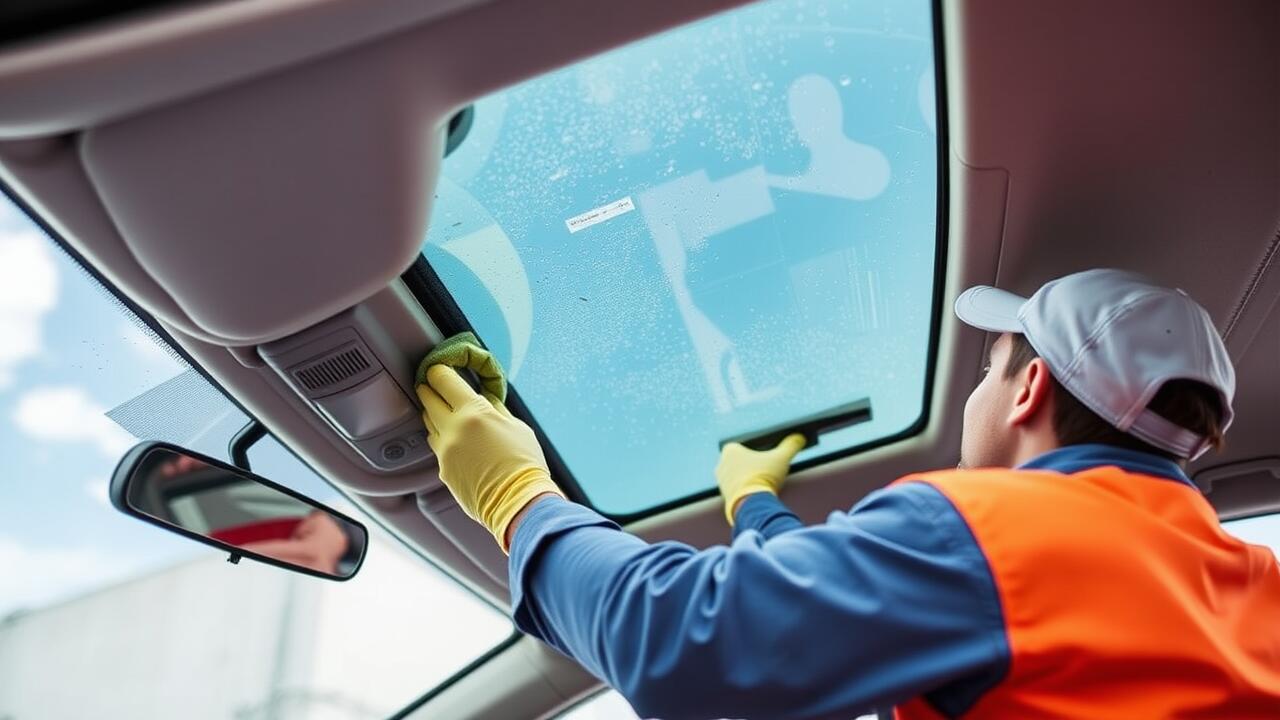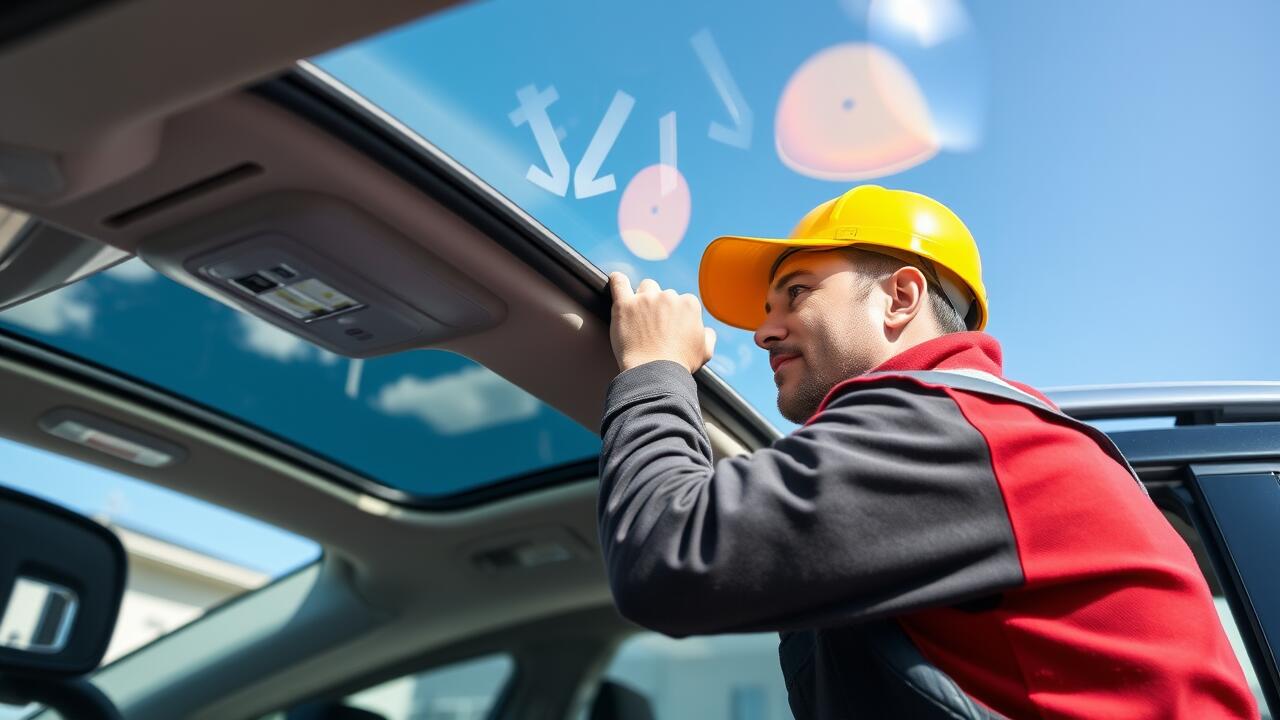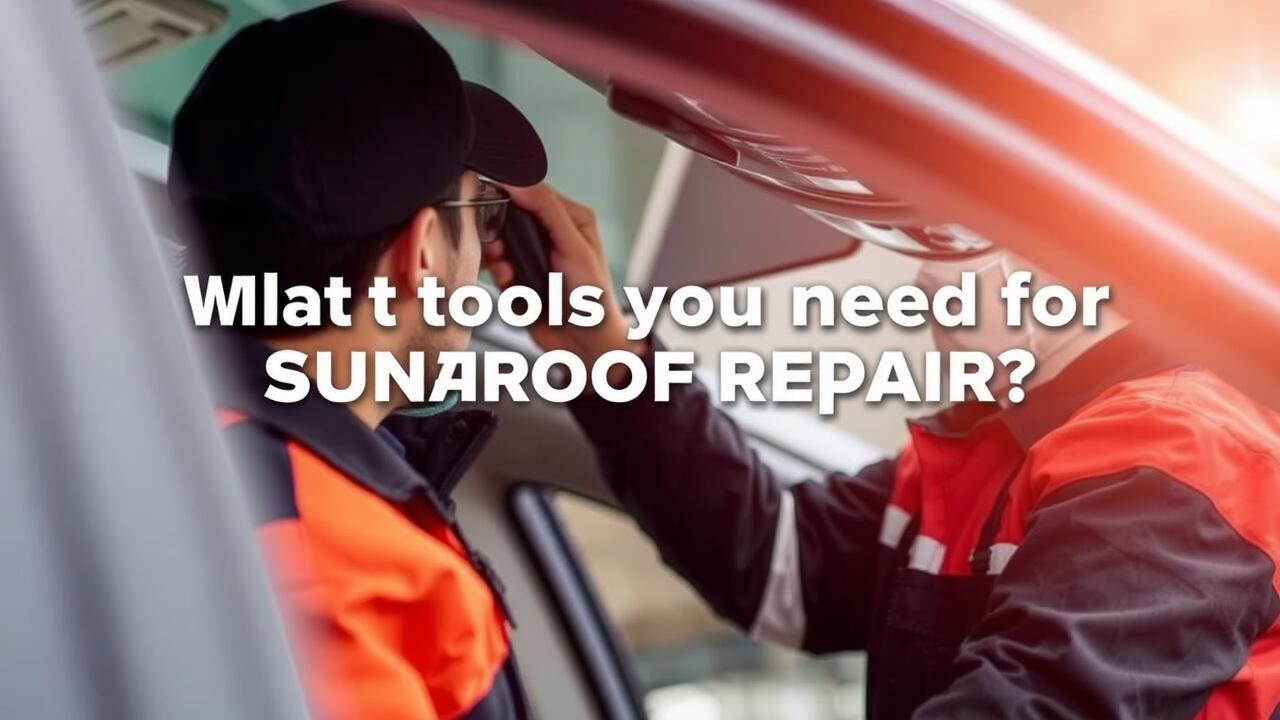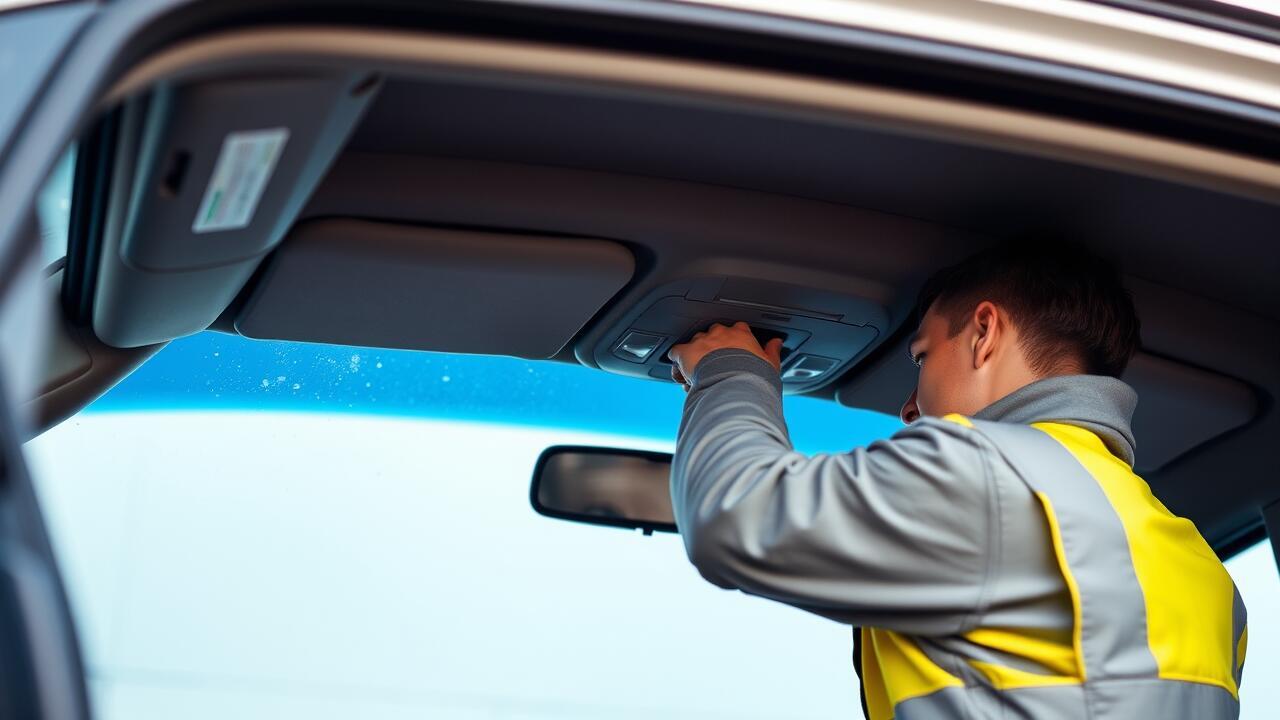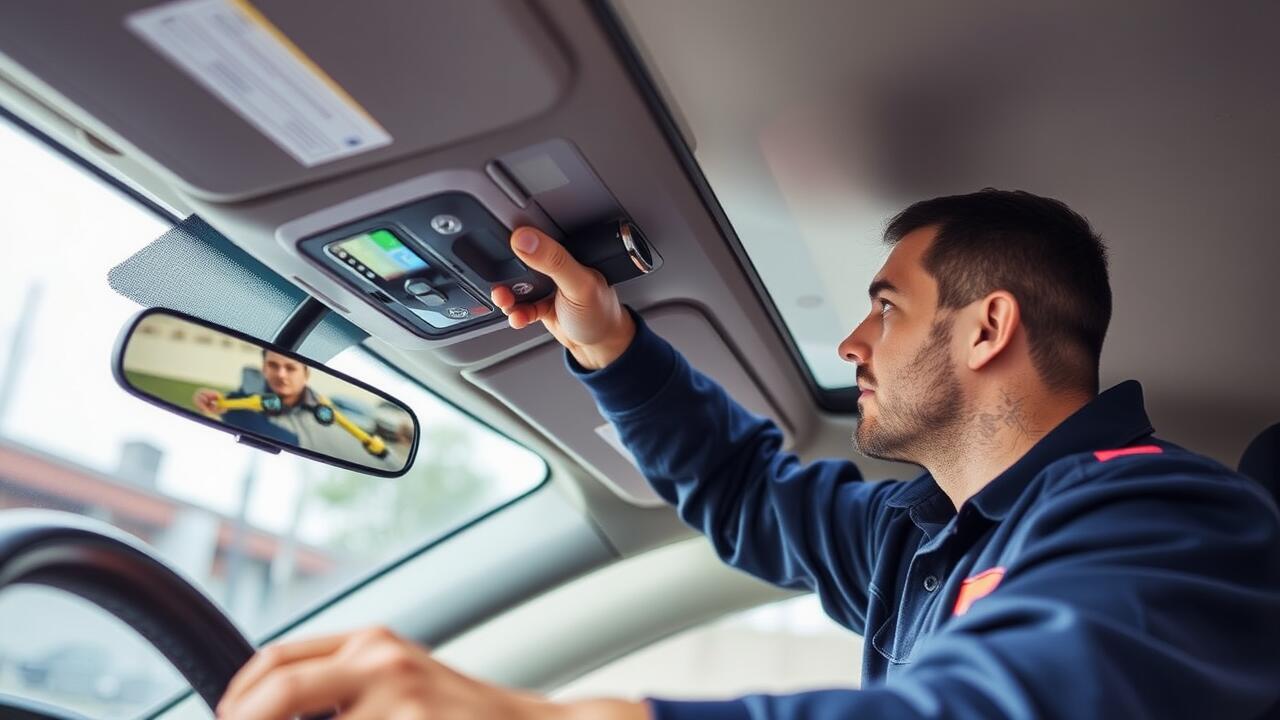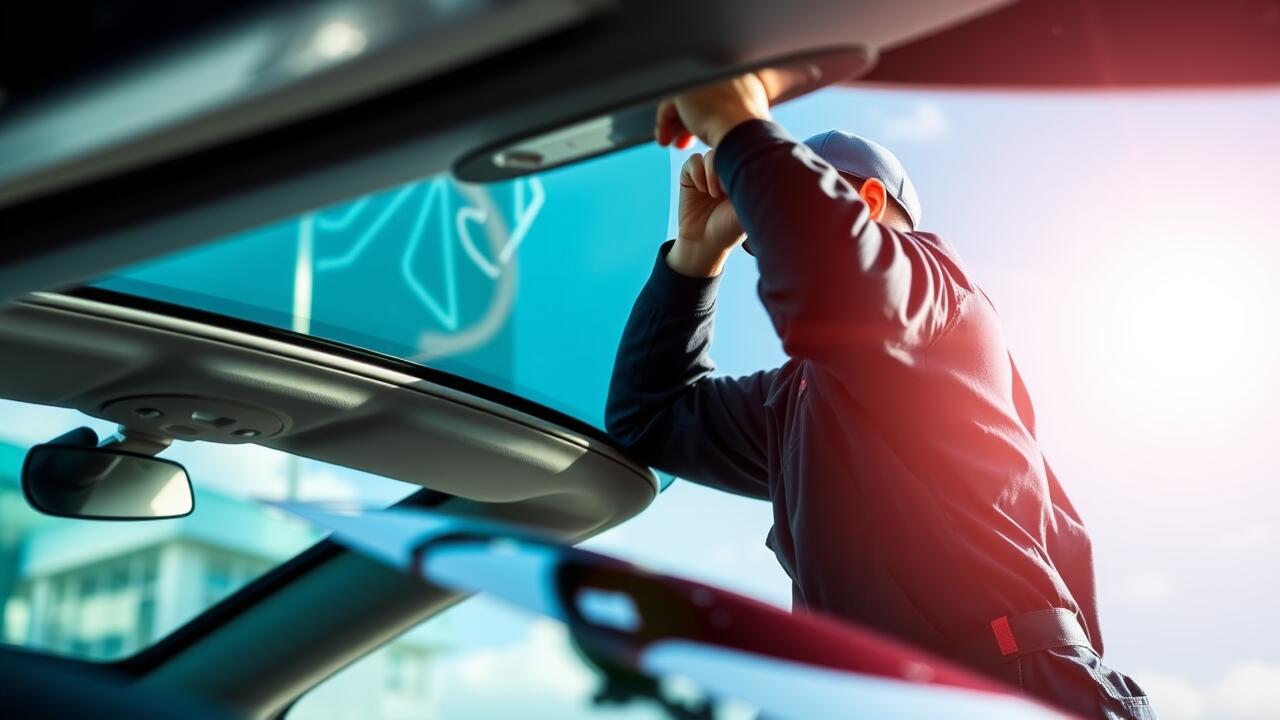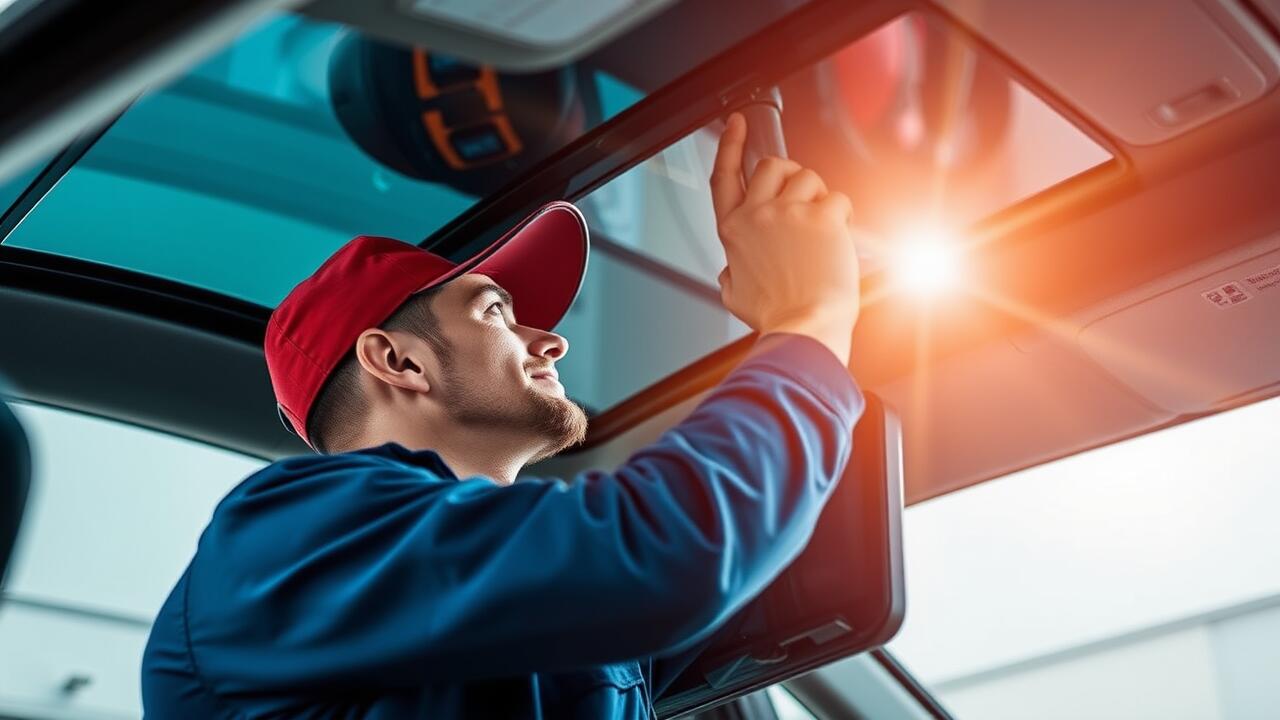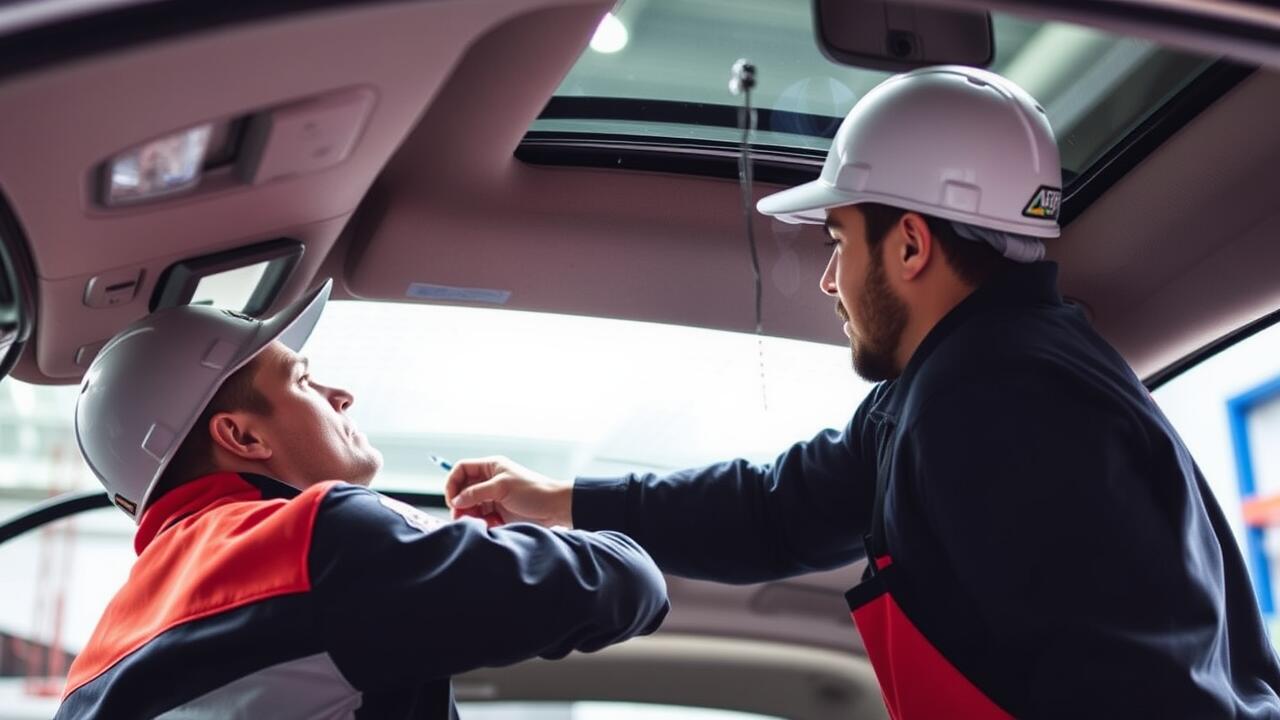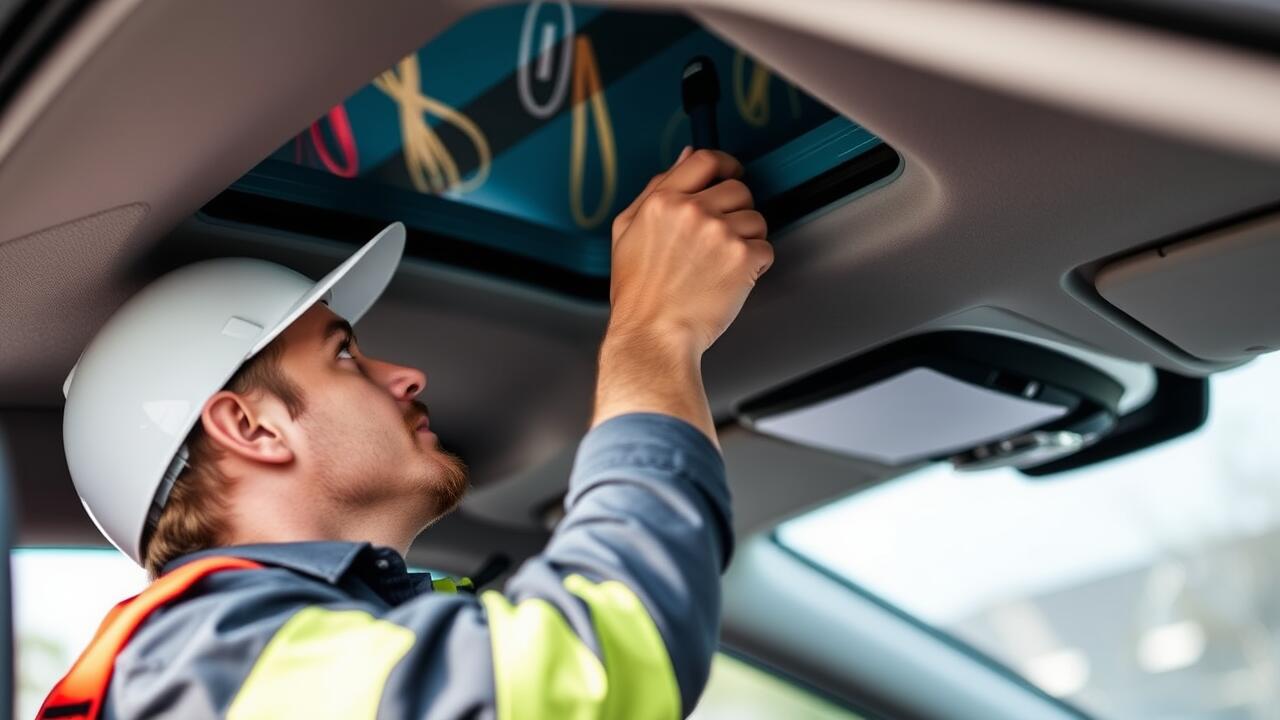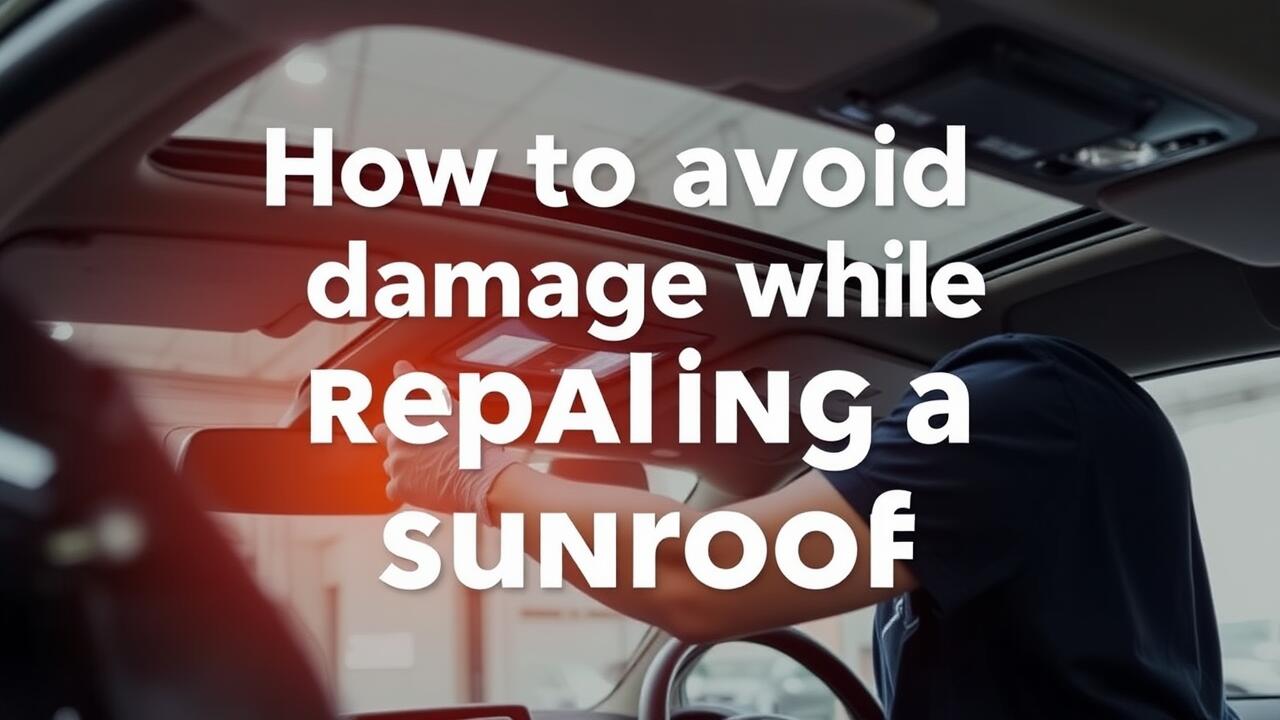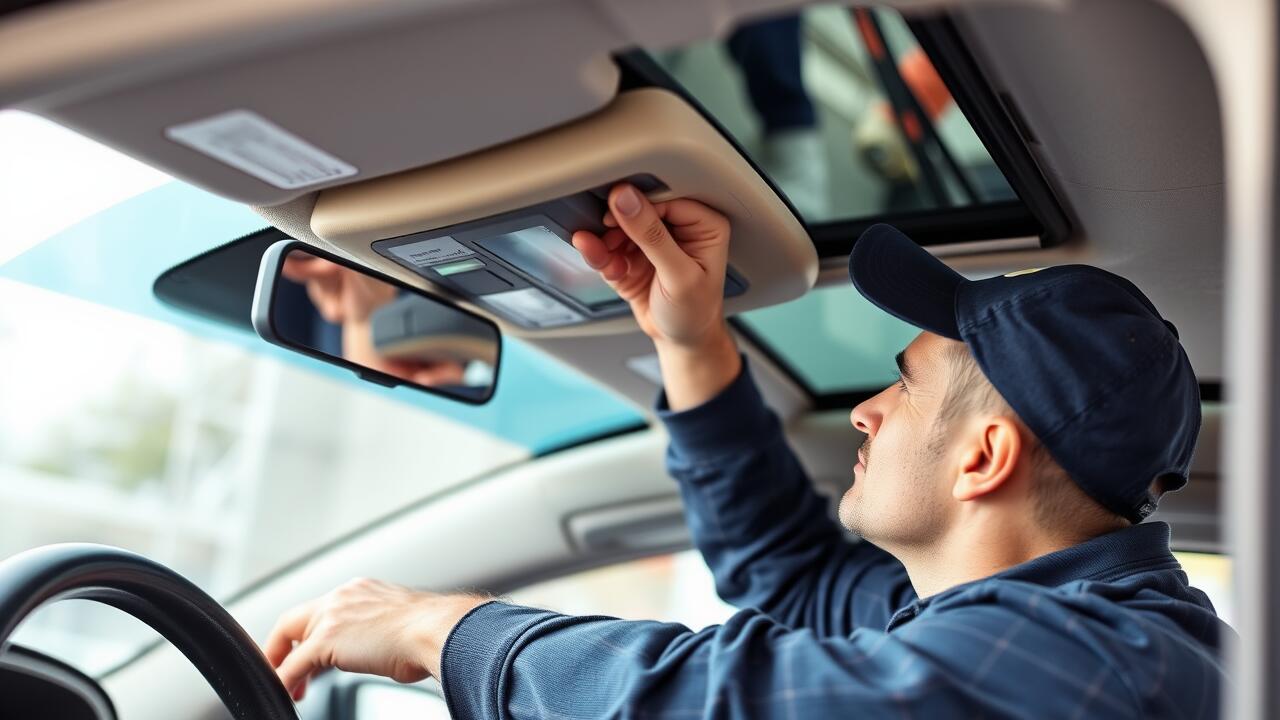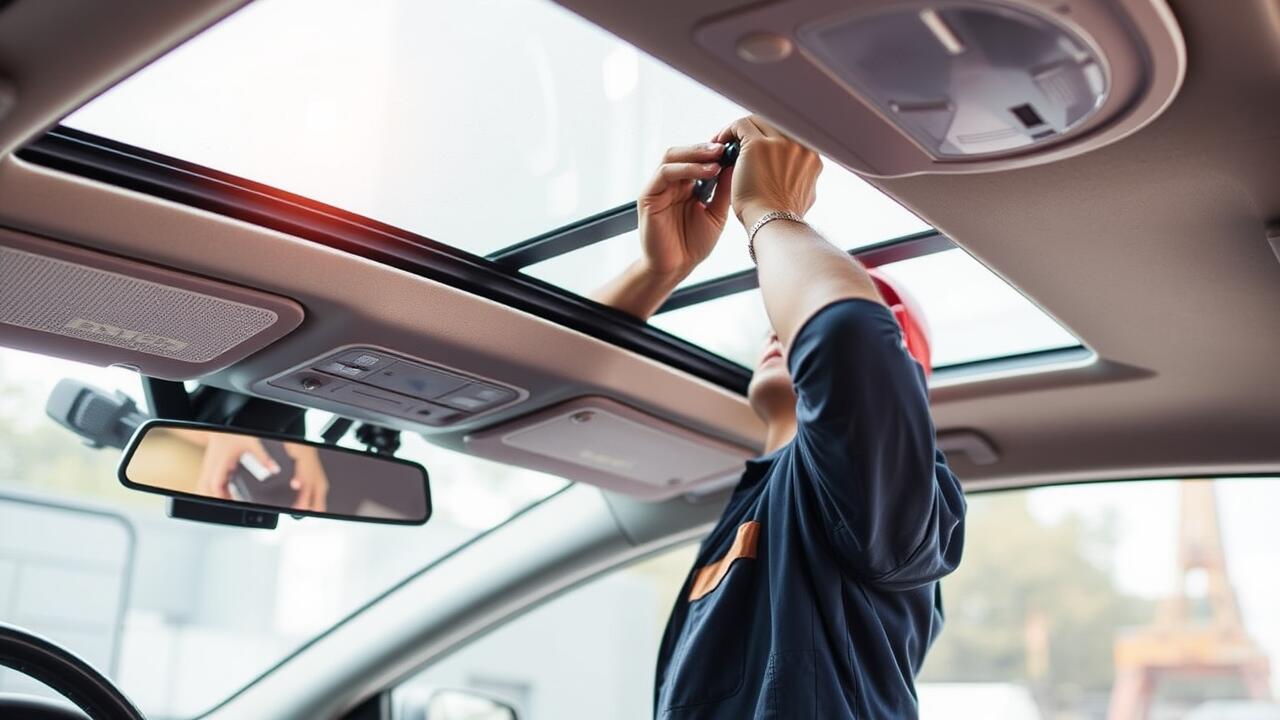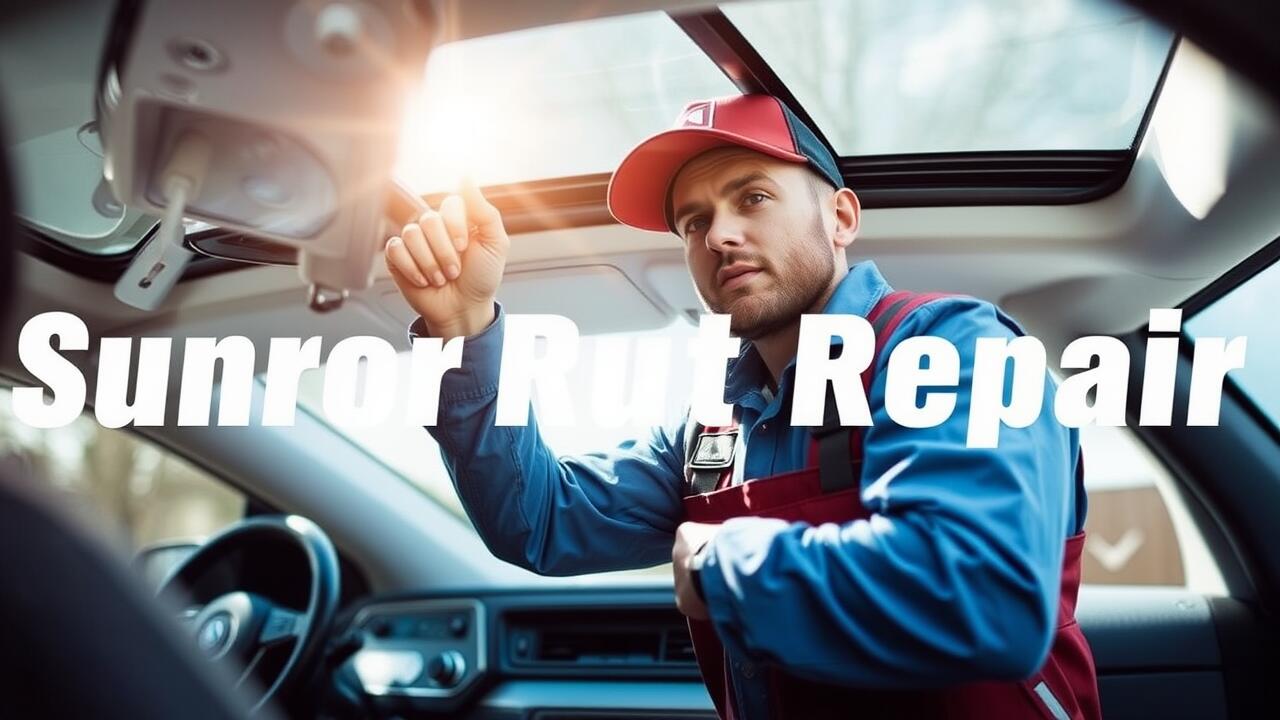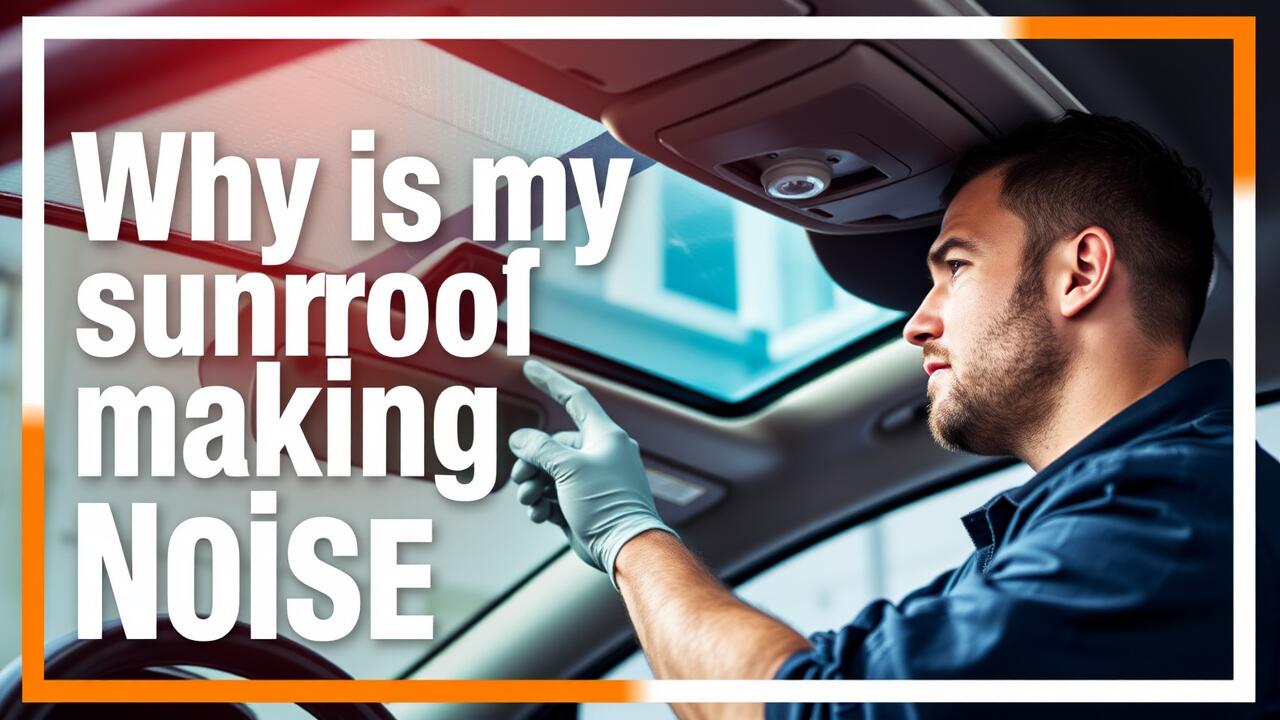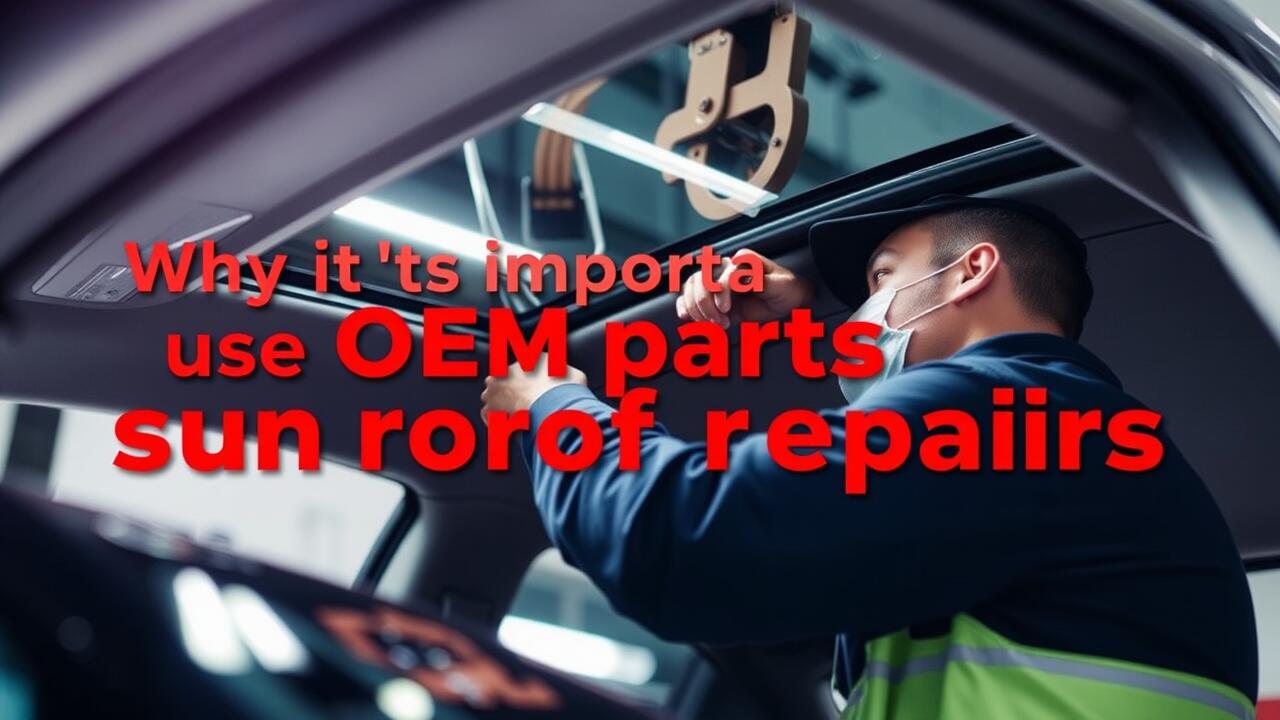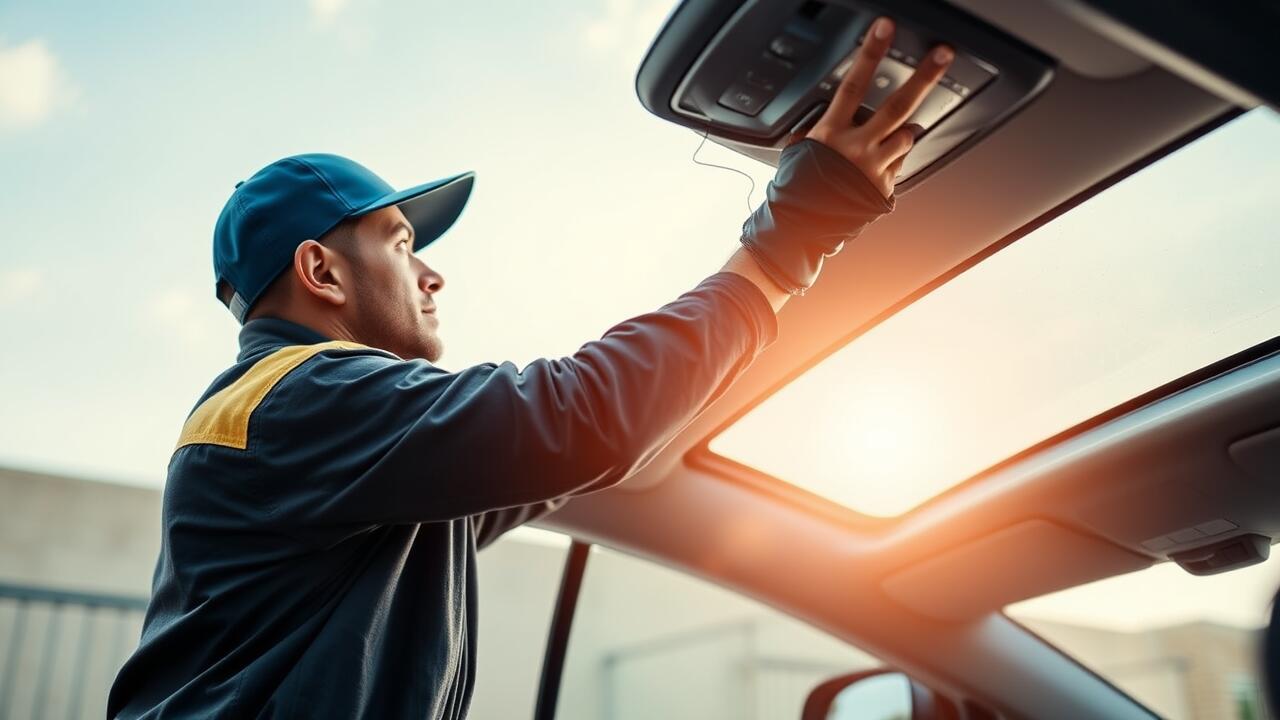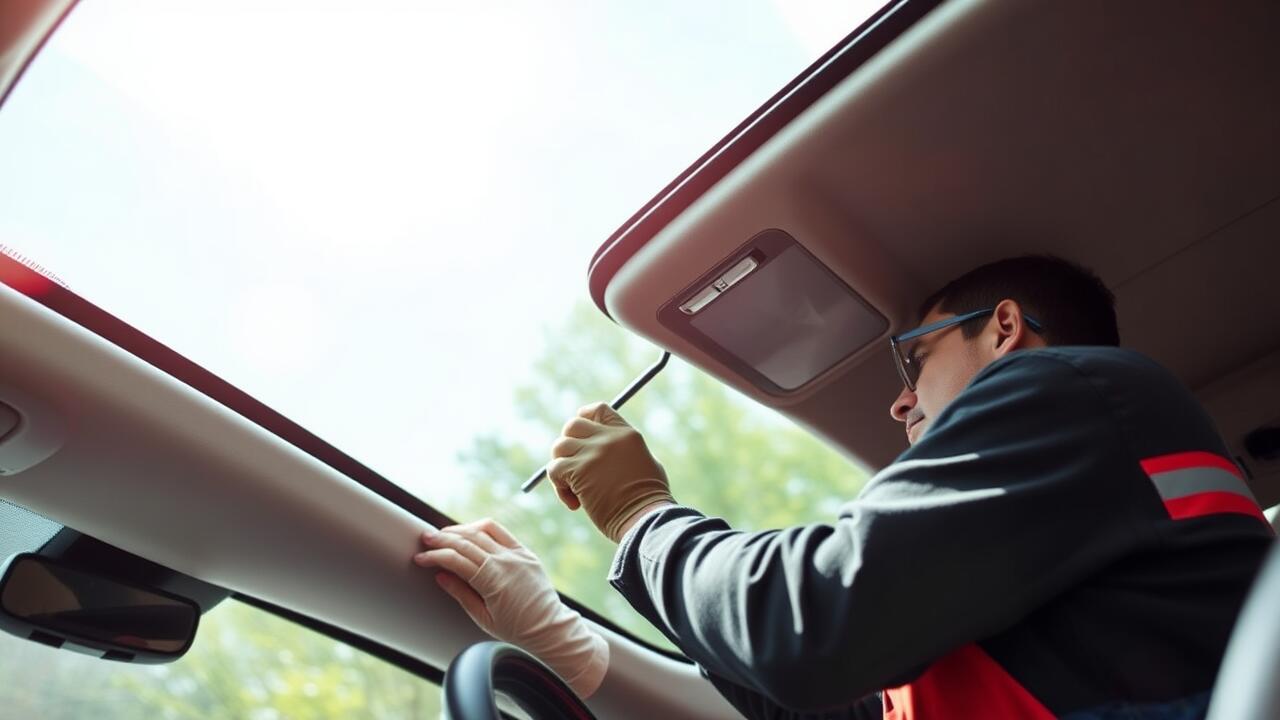
Table Of Contents
Consumer Rights in Sunroof Repair Services
Consumers have specific rights when it comes to sunroof repair services. These rights are designed to ensure that customers receive fair treatment and quality workmanship. When seeking sunroof repair, customers should be informed about the estimated costs and the expected timeline for completion. Transparency in pricing and service details contributes to a trusted relationship between the consumer and the repair provider.
In addition to transparency, consumers are entitled to receive repairs that meet certain quality standards. Repair services should use appropriate materials and follow proper procedures to ensure the durability and safety of the sunroof after repair. Any warranties provided should clearly outline the extent of the coverage and duration. Understanding these rights can empower consumers to make informed decisions regarding sunroof repair services.
Rights to Fair Repair Practices
Consumers have the right to expect fair practices when it comes to sunroof repair services. This includes the obligation of repair shops to provide transparent pricing and a clear breakdown of costs associated with the services performed. Customers should also receive clear information about the nature of the repairs, including any parts that may need to be replaced and the warranty coverage on those parts. Regulations often require that service providers obtain consent before proceeding with repairs.
Additionally, consumers can expect that sunroof repairs are conducted in a professional manner, ensuring that all work meets industry standards. This encompasses the use of quality materials and skilled technicians who are trained to handle such specific repairs. Should there be any problems following the repair, customers have the right to return to the shop for recourse, which may include further repairs at no additional charge. Being informed about these rights helps consumers make better choices regarding their vehicle's maintenance.
Environmental Regulations for Repair Processes
Environmental regulations play a crucial role in the processes involved in sunroof repair. These regulations are designed to minimize the ecological impact of automotive repair activities while ensuring that businesses operate within legal boundaries. Repair shops must adhere to guidelines set forth by local, state, and federal agencies. Compliance with these standards ensures that materials and chemicals used during sunroof repair do not adversely affect the environment.
Proper handling and disposal of waste materials are integral to following environmental regulations during sunroof repair. Shops need to implement effective waste management practices that comply with hazardous waste laws. This includes appropriately managing materials such as solvents, adhesives, and other related products. By prioritizing environmentally sound practices, repair facilities can contribute to sustainable automotive service and maintain a commitment to responsible repair operations.
Managing Waste and Hazardous Materials
Effective management of waste and hazardous materials generated during sunroof repair is crucial for compliance with environmental regulations. Repair facilities must adhere to guidelines governing the disposal of materials that may pose risks to health and the environment. This includes proper identification and segregation of hazardous substances, ensuring they are not mixed with regular waste. Facilities should establish protocols for collecting and storing these materials safely prior to disposal.
Training employees on the environmental impact of waste and the correct procedures for handling hazardous materials is another important aspect of compliance. Regular audits and inspections can help identify any areas needing improvement. By implementing these practices, sunroof repair services not only meet legal requirements but also contribute to sustainable environmental management.
Documentation and Record-Keeping Requirements
Documentation plays a critical role in ensuring compliance with legal and regulatory standards in the sunroof repair industry. Service providers are required to maintain accurate records of all repairs performed, including detailed descriptions, parts used, and labor hours. This documentation serves as evidence of the work completed and can protect both consumers and repair facilities in case of disputes. Proper record-keeping helps track service history, warranties, and any subsequent issues that may arise after the repair, further ensuring that consumer rights are upheld.
Alongside the repair records, businesses must also keep copies of any consumer agreements or consent forms related to the sunroof repair services. These documents can clarify the terms of service, warranty information, and any specific responsibilities or liabilities that apply. A well-organized record-keeping system not only facilitates smoother operations within the repair shop but also reinforces accountability, thus fostering trust between consumers and service providers. Maintaining these records is essential for compliance with consumer rights laws and reinforces the integrity of the sunroof repair process.
Essential Records for Compliance
Accurate documentation is essential for compliance in the sunroof repair industry. Repair facilities must maintain detailed records of all service transactions. This includes invoices, estimates, and consent forms that outline the work performed. These documents help protect both the consumer and the repair shop by providing a clear account of services rendered and costs incurred.
In addition to transactional records, it is important to keep track of parts used in sunroof repairs, along with suppliers and warranties. This information not only aids in maintaining quality control but also ensures alignment with industry standards. Regular audits of these records can help repair facilities remain compliant with both consumer protection laws and environmental regulations, ultimately fostering trust with customers.
FAQS
What are the consumer rights regarding sunroof repair services?
Consumers have the right to receive fair and transparent repair services, ensuring that their sunroof is repaired to industry standards and that they are informed about the costs and processes involved.
Are there specific regulations regarding the disposal of sunroof repair waste?
Yes, environmental regulations require repair shops to manage waste and hazardous materials responsibly, ensuring that they are disposed of in compliance with local and federal laws.
What documentation is required for sunroof repairs to ensure compliance?
Repair shops must maintain essential records such as customer consent forms, invoices, and details of the work performed to ensure compliance with consumer protection and environmental regulations.
How can consumers ensure their rights are protected during sunroof repairs?
Consumers can protect their rights by obtaining written estimates, asking for warranties on repairs, and keeping detailed records of all communications and transactions with the repair shop.
What should I do if I believe my sunroof repair was not conducted legally?
If you suspect that your sunroof repair was not conducted in compliance with legal requirements, you should contact your local consumer protection agency or regulatory authority to file a complaint and seek further assistance.
